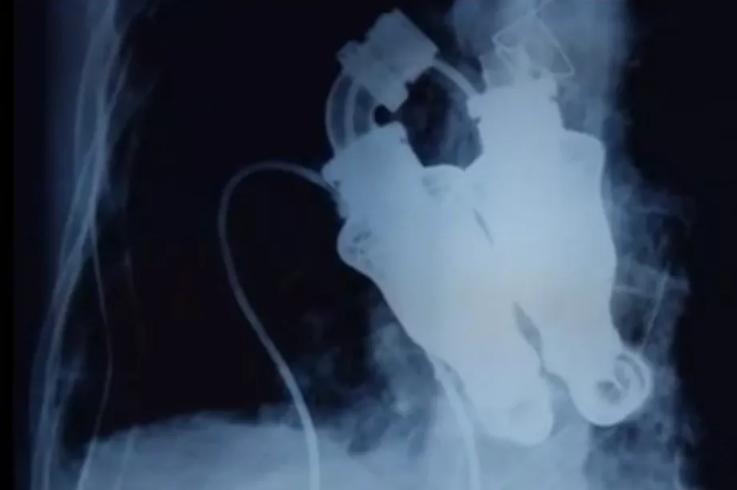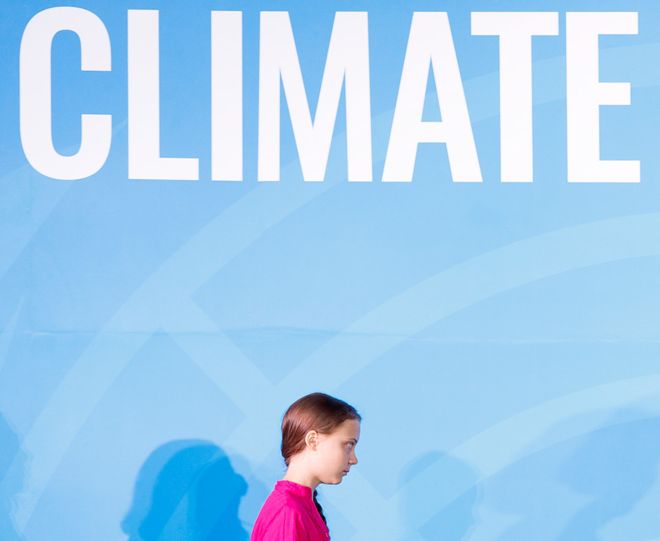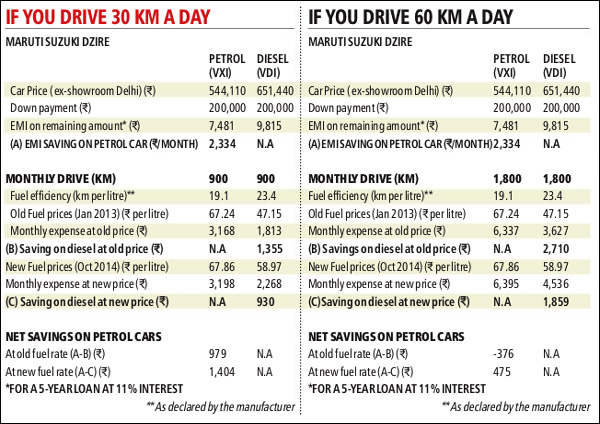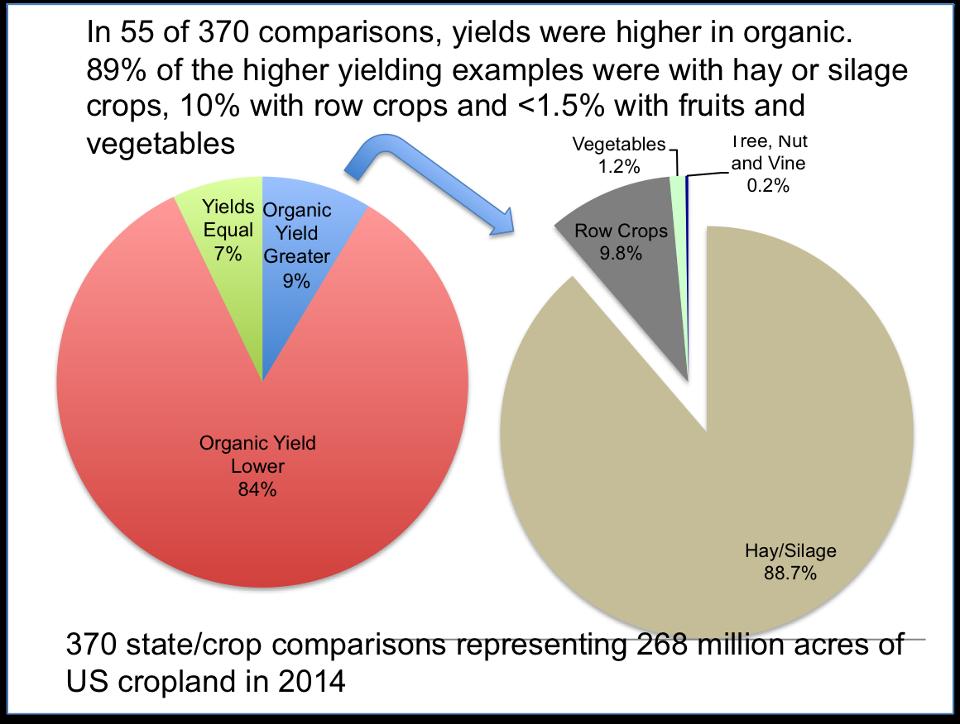When we think of who is hurting the environment we often get this idea of an evil villain type of character, CEO of BP, Donald Trump, etc..
But much more commonly found is the regular Joe who considers himself informed, and as far as they know are doing their part to help.
However, due to misleading information the actions taken to preserve nature may actually end up harming it. Which is actually far more saddening to see than an evil villain.
“Paris, Madrid, Athens, and Mexico City will ban diesel vehicles by 2025”
I saw this article by ArsTechnica the other day, and I was appalled. Why? Because diesel is one of the more environmentally friendly fuel alternatives today, and I thought this was common knowledge.
Diesel is more efficient than petrol, meaning less of it is has to combust to release the same amount of energy. And then there’s the advantages of renewable bio-diesel. Driving a car with a modern small diesel engine is actually one of the best things you can do for the environment, if you insist on not going electric.
So why are these cities banning them but keeping petrol fuelled cars on the streets?
Presumably it’s a result of out of date knowledge dating back to when diesel engines were large and had practically no filtering systems. Which is just not the case today.
Despite emitting less CO2 diesel cars still emit more noxious gases than petrol. But as we can see in this chart the difference is not a great one.
Modern diesels also exhaust through a DPF, diesel particulate filter. The diesel engine runs cooler than petrol/gasoline engines and produces an amount of fine carbon particles that have not been burnt to carbon dioxide.
Therefore it makes very little sense to ban diesel cars but not petrol cars. And this is why it’s important for everyone to stay informed. Suggestions like this shouldn’t even leave the board room.
Banning only diesels but not other fuels will accomplish nothing, and probably end up effecting air quality negatively. It would make much more sense to push for the use of electric cars in other ways.
If you want more info on the difference in emissions between petrol and diesel you can check this link.
Another obvious example of doing harm with good intentions is organic food. The common view on organic produce is that it’s both healthier for you and the environment.
When in fact it usually contains the same amount of nutrients as regular produce. And as for being good for the environment, it couldn’t be more wrong.
Organic food uses more area to cultivate, and generally more pesticides are required, for the same yield.. This is both a result of many GMO’s being pesticide resistant, or not needing pesticides as the organism fights pests on its own.
So it might actually be less healthy for you, and it’s certainly less healthy for the environment.
Marketing and lack of motivation to look up facts has lead to these common misconceptions.
Another example is modern nuclear energy, which is arguably safe enough to be worth the risk. But people insist on repeating risks that are no longer even an issue, and so we burn coal.
Bottomline: Scientific literacy matters
(Update: With more and more cities banning diesels I decided to move that part of the article up. Please if you see someone with the misconception that banning diesels is a good thing, share this article with them.)









